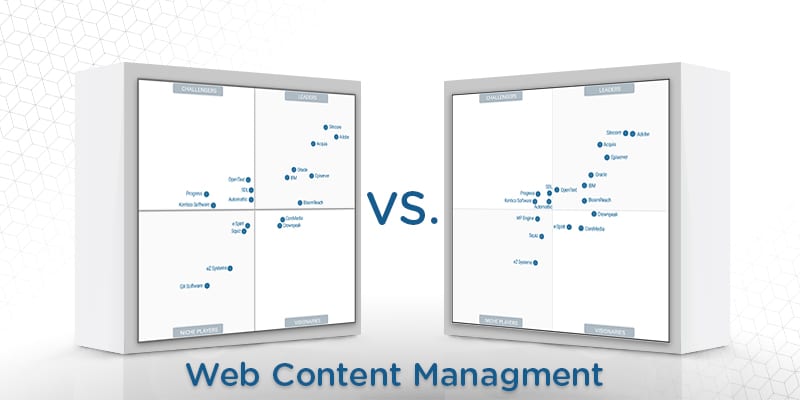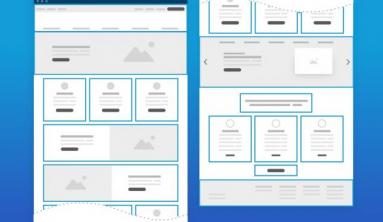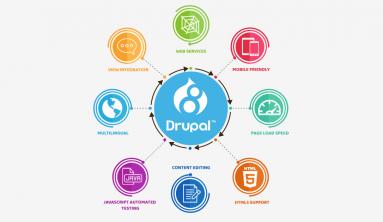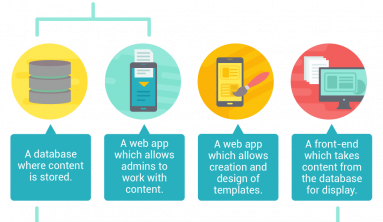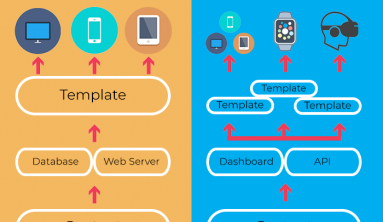WCM is generally considered a subset of ECM with the primary difference being that WCM is focused more on web content whereas an enterprise content management system is integrated into daily processes.
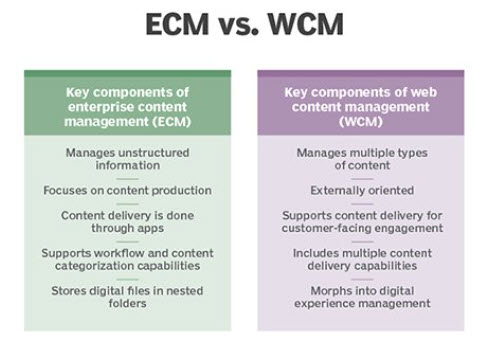
Enterprise Content Management vs. Web Content Management
The lines have become increasingly blurred, but the main difference between ECM and WCM can be briefly summed up in this way:
- ECM combines tools, including software, with an enterprise’s strategy for incorporating business processes with its content.
- WCM is generally considered a subset of ECM with the primary difference being that WCM is focused more on web content whereas an enterprise content management system is integrated into daily processes.
Along with managing web content, documents, digital assets, and workflow, ECM uses search, collaboration, capture, and scanning to provide data discovery and manipulation capabilities. Viewed this way, it quickly becomes clear which system you need to accomplish your content management goals.
Content Management vs Knowledge Management
To complicate things a little further, there’s also a difference between content management and knowledge management (KM). Both are needed to streamline internal operations yet they each require different processes, teams, and/or software to manage them.
- From an organizational standpoint, “knowledge” is the abstract, tacit knowledge or know-how that resides within everyone who works at an organization.
- The output of knowledge is typically considered content. It is less abstract than knowledge and includes things like help center articles, blog posts, FAQs, and chatbot responses.
A content management system knowledge base contains all an enterprise’s data such as:
- The information customers need for self-service solutions.
- An internal help center for employees.
- Relevant and timely information agents need to conduct live calls with customers.
A web-based knowledge base ensures knowledge is centralized and streamlined and can be updated and reflected across multiple channels.
Web-Based Knowledge Management
Recent technological advances enable enterprises to use a web-based knowledge base to facilitate knowledge sharing and collaboration. This capability is particularly crucial at a time when remote work has increasingly become the norm. The ability to access information at any time from any device is likely now one of the main advantages to a cloud-based KM system (KMS).
There are several advantages to a web-based enterprise:
- It supports new technologies easily and makes it simple to capture new knowledge.
- By adapting to existing processes, a flexible web-based KMS allows enterprises to customize software quickly and easily.
- It improves employee engagement and communication.
- It delivers better, more in-depth analytics.
It also offers scalability that follows your enterprise’s growth. By definition, a virtual cloud’s memory is unrestricted which means as your business grows it does, too. A cloud-based KMS is also more cost-effective than other content management systems because it eliminates the expenses associated with specialized software development and investment in additional hardware. It also in the long run increases productivity.
Taken together, these benefits allow your employees to spend less time and effort on managing content management software and hardware and more on tasks and projects that move the enterprise forward.
The Bottom Line
Knowledge management is about getting the right knowledge to the right person at the right time. This may not seem so complex an endeavor, but it suggests a strong tie to corporate strategy with respect to:
- Understanding where and in what forms knowledge exists.
- Creating processes that span organizational functions.
- Ensuring content management initiatives are accepted and supported by everyone within the organization.
As most enterprises now have a web presence that includes blogs, articles, and more, it makes increasing sense to invest in an ECM system that includes WCM features. As part of a wider information management strategy, it offers a competitive advantage other systems simply do not.
Via: KMS Lighthouse
